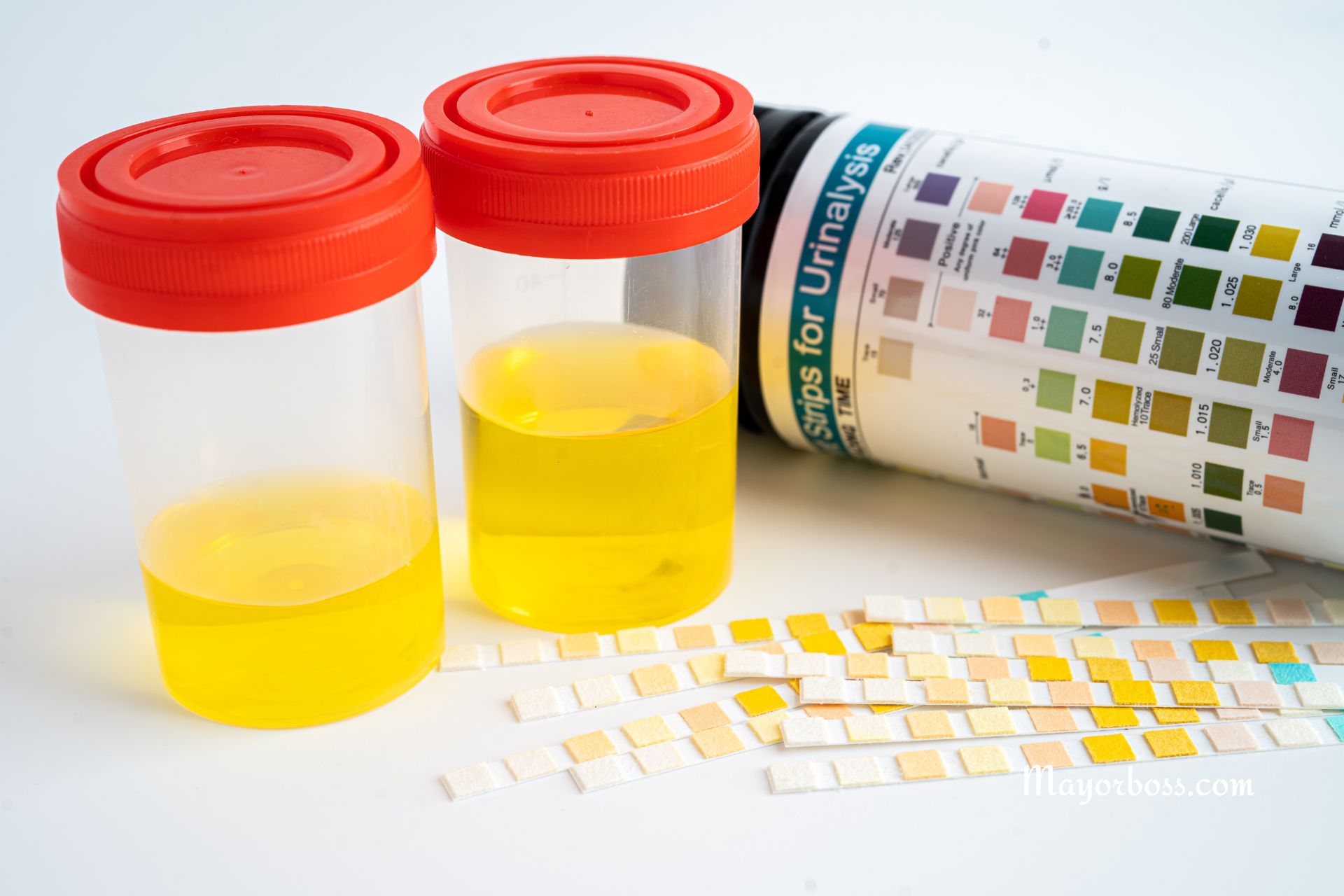Is It Normal to Have Urine in Bright Yellow Color?
Urine color naturally varies, but the sight of bright yellow urine can trigger some concern. Is everything okay with your health, or is there something to worry about? Let’s look into the common causes of bright yellow urine and when it might be a reason to consult a doctor.

Why Does Urine Appear Yellow?
Our urine gets its classic yellow hue from a pigment called urochrome (sometimes called urobilin). It’s a waste product that forms as your body breaks down old red blood cells. The degree of concentration of this pigment, alongside other factors, determines the specific shade of yellow your urine will be.
When Is Bright Yellow Urine Normal?
There are many non-alarming reasons why you may notice your urine taking on a vivid yellow shade. Here are the most common ones:
- Dehydration: The most frequent cause of bright yellow urine is simple dehydration. When you don’t drink enough fluids, your urine becomes more concentrated. Increased urochrome and less water mean a more intense yellow.
- Vitamin Supplements: Certain B-vitamins, particularly B-2 (riboflavin), can lend urine a fluorescent, sometimes neon-like yellow color. This is typically harmless – your body is just excreting what it doesn’t use.
- Food: Consuming foods rich in natural pigments like carrots or beets can turn your urine a brighter shade of yellow (or in some cases, slightly orange).
When Might Bright Yellow Urine Signal a Problem?
While the causes above are relatively benign, in less common instances, bright yellow urine can suggest an underlying medical issue. Here are some possibilities:
- Liver Problems: Jaundice, caused by a buildup of bilirubin in the blood, can discolor both skin and urine. If you experience any yellowing of the skin and eyes along with your bright yellow urine, it’s essential to seek medical advice.
- Rhabdomyolysis: This severe condition results from muscle breakdown. Myoglobin, a protein released from damaged muscle tissue, can tinge the urine a dark yellow or brown and could point to rhabdomyolysis.
- Medication Side Effects: Some medications, like the antibiotic rifampin, are known to change urine color.
Staying Hydrated & When to See a Doctor
The easiest way to manage bright yellow urine is usually to get a big drink of water. If it’s been a while since you’ve hydrated adequately, the problem is likely to clear up quickly.
However, if your urine remains bright yellow even after increasing your water intake, or if you notice other concerning symptoms such as the ones mentioned above, don’t hesitate to consult a medical professional. Your doctor will evaluate your individual situation and help you understand why your urine might be an unusual color.
FAQs
- Does bright yellow urine indicate a UTI? While not usually the only symptom, a change in urine color can sometimes accompany a urinary tract infection (UTI). If you suspect a UTI, look for other signs like a frequent urge to urinate, burning sensations, or cloudy urine.
- What does cloudy yellow urine mean? Cloudy urine has different implications than simply bright yellow urine. Cloudiness might be due to excess white blood cells (signaling an infection) or due to crystals forming in the urine, sometimes indicative of kidney stones.
- I drank plenty of water and my urine is still bright yellow; what next?
If staying hydrated isn’t helping, it’s time to check in with your doctor. There might be a less common culprit at play, and it’s always safer to address potential issues early on.
